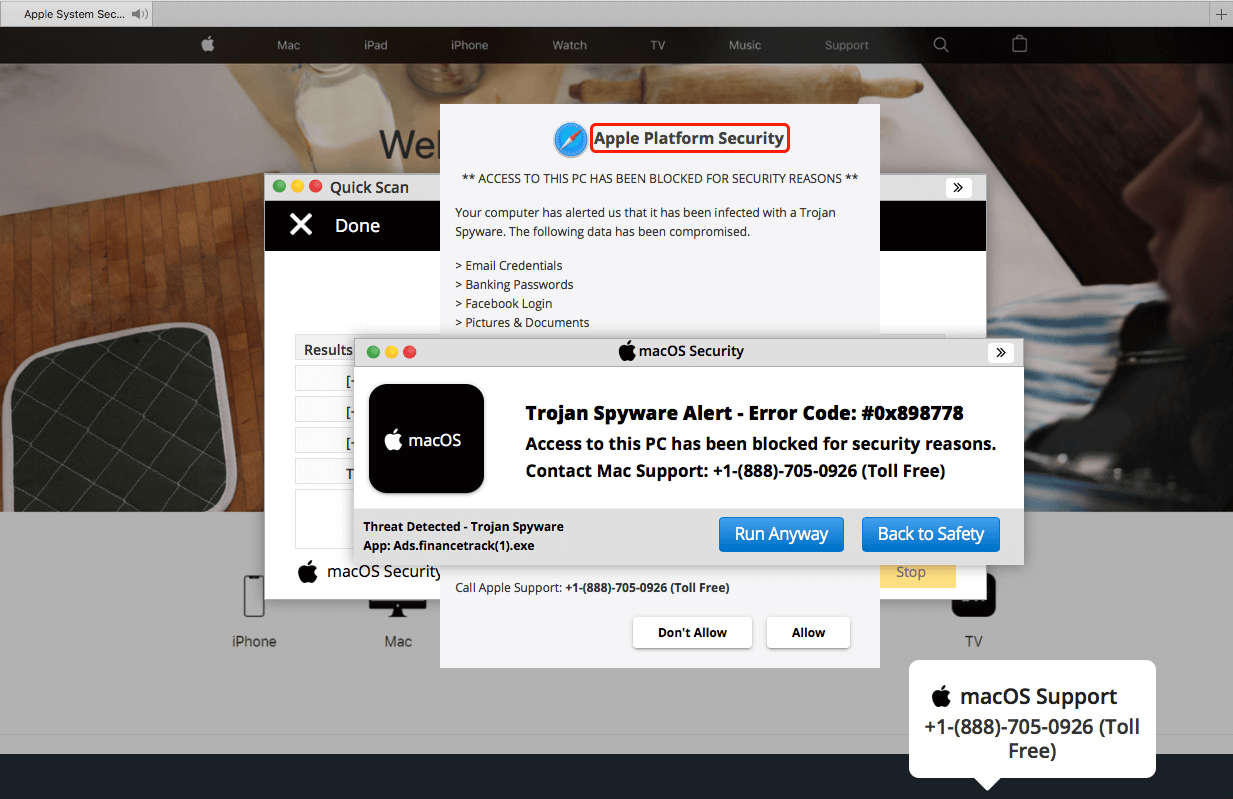SIP, VoIP Peering, and Virtual Phone Systems
2 min readSIP, VoIP Peering, and Virtual Phone Systems  SIP? What’s that?! And what does that mean to you anyway? It comes down to the way some virtual phone systems forward calls to you. Sometimes they want you to use only their softphone or hard phone. But what if you already use a VoIP service and want calls sent to that? By default, most virtual phone systems take the inbound calls to your local or toll-free virtual phone number, puts the caller on hold, then dials out to find the extension owner at whatever phone number they want – home phone, cell phone, essentially anything with a phone number. However, you now have options. There are VoIP services out there — CallCentric, Ekiga, and Truphone, just to name a few – that are very cost-effective and could actually take the place of your land line. Some of them will allow you to register a hardware VoIP phone to their service so you have a phone on your desk. A lot of these VoIP services are based on Session Initiation Protocol (SIP), which is the standard protocol for sending calls over the internet. And through VoIP peering some systems can send the call directly to your VoIP phone service, not by dialing a phone number, but rather through the internet back door using a URI (Uniform Resource Identifier) which looks like an email address: “user@”. Not all VoIP phone services provide a URI, so please check with your VoIP phone service provider. Why is this so cool? Firstly, a VoIP phone service could save you money each month by taking the place of your land line. Secondly, it could really make your virtual phone system that much more flexible if it can send a call to any SIP-based VoIP phone service provider. That’s why it’s so cool.
SIP? What’s that?! And what does that mean to you anyway? It comes down to the way some virtual phone systems forward calls to you. Sometimes they want you to use only their softphone or hard phone. But what if you already use a VoIP service and want calls sent to that? By default, most virtual phone systems take the inbound calls to your local or toll-free virtual phone number, puts the caller on hold, then dials out to find the extension owner at whatever phone number they want – home phone, cell phone, essentially anything with a phone number. However, you now have options. There are VoIP services out there — CallCentric, Ekiga, and Truphone, just to name a few – that are very cost-effective and could actually take the place of your land line. Some of them will allow you to register a hardware VoIP phone to their service so you have a phone on your desk. A lot of these VoIP services are based on Session Initiation Protocol (SIP), which is the standard protocol for sending calls over the internet. And through VoIP peering some systems can send the call directly to your VoIP phone service, not by dialing a phone number, but rather through the internet back door using a URI (Uniform Resource Identifier) which looks like an email address: “user@”. Not all VoIP phone services provide a URI, so please check with your VoIP phone service provider. Why is this so cool? Firstly, a VoIP phone service could save you money each month by taking the place of your land line. Secondly, it could really make your virtual phone system that much more flexible if it can send a call to any SIP-based VoIP phone service provider. That’s why it’s so cool.







